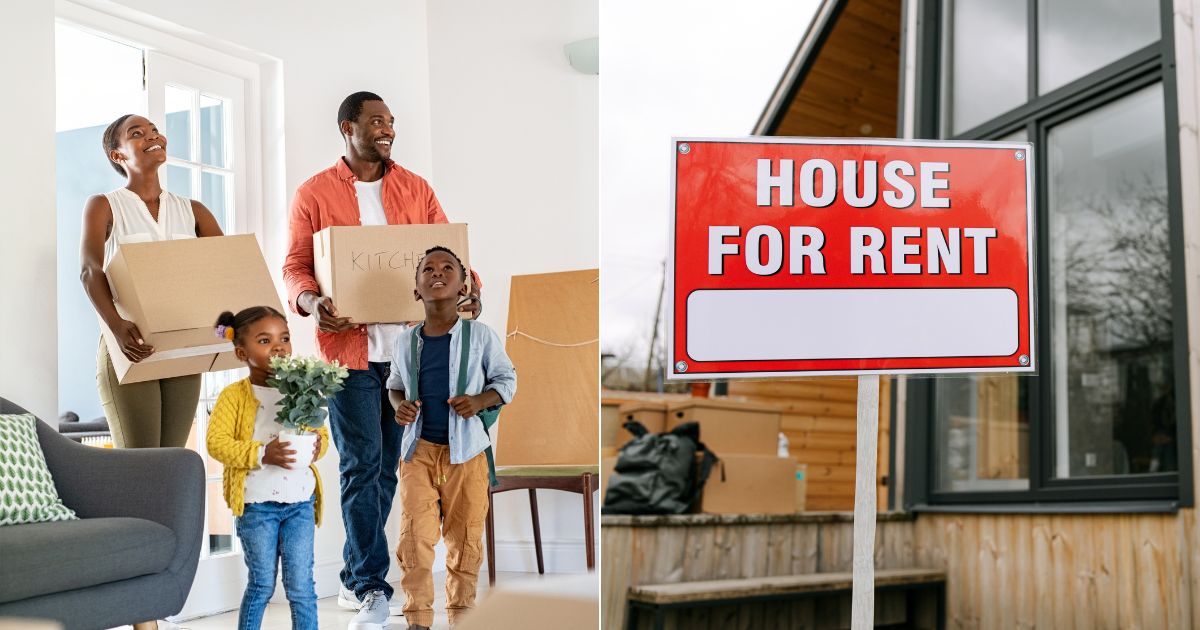
Imagine this: You've been saving, investing, or perhaps you’ve just received a windfall - an inheritance or payout from a successful business deal, and now you finally have Ksh5 million to put into real estate.
But you’re torn between two popular choices: Option 1 is to buy a house for yourself, or option 2, which is to build rental units for income.
Both choices sound solid, but they offer different financial outcomes, lifestyle advantages, and long-term gains.
Let’s break down the two options.
For many Kenyans, owning a home is the ultimate mark of stability and success. It comes with emotional pride, social respect, and family security. With Ksh5 million, you can get a 2-bedroom apartment in areas such as Syokimau or Ongata Rongai.
1. Security and stability
You stop worrying about rent, landlords, or annual rent increments. You have a place to call home, decorate your way, and raise a family.
2. Better opportunities for loans
Owning a property can make it easier to access business or development loans in the future, especially if the property is in an appreciating neighbourhood.
4. Lifestyle upgrade
For many, owning a home represents “arriving”. Emotionally, it brings fulfilment - especially if you’ve lived in rentals for years.
1. It’s a consumption asset, not an income asset
The house does not pay you, you fund it. You’ll still need to pay for water, electricity, service charges, maintenance, and repairs.
2. Your cash gets “Locked In”
Property is not liquid. If you need money urgently, you can’t quickly convert your house to cash without selling at a possible loss or waiting months for a buyer.
3. Higher lifestyle expenses
Moving into your own home often increases monthly bills due to a larger space, furnishing costs, and utilities.
Buying a home may be the better option if:
Instead of living in the property, you use the Ksh5 million to develop units that generate monthly earnings.
In this case, you will need to buy land between Ksh1.5 million to 2 million. With this amount, it is possible to buy the land in areas such as Kikuyu or Kiserian for a (50 by 100 plot).
In this case, we assume that you put up 3 bedsitters or studio apartments at a cost of 3 million, which you rent at Ksh9,000 per month.
Monthly Rental Income: Ksh10,000 × 3 = Ksh30,000
Annual Rental Income: Ksh360,000
Expenses: Less maintenance & vacancies (15%) =Ksh54,000
Net income per year = Ksh306,000
1. Steady cash flow
The units generate monthly income that can cover your rent, other investments, or family needs — especially helpful during retirement. You can even use the money to pay rent for you house if you are still renting.
2. Long-term financial growth
Rental income rises with inflation. Plus, once fully paid off, the earnings become almost pure profit.
4. Flexibility
You can expand later, add more units, or upgrade to increase income.
1. Requires hands-on management
You will deal with tenants, repairs, complaints, and sometimes late payments — unless you hire an agent.
2. Tenant risk
Vacancies, rent defaults, or property damage may occur. Location and management are key.
3. Slower equity growth
Rentals grow in value but not as fast as land alone. The structure depreciates, requiring renovations every few years.
4. Risk of overbuilding
If the area is saturated with similar units, rents may stagnate or tenants may be scarce.
This option works best if:
Join 1.5M Kenyans using Money254 to find better loans, savings accounts, and money tips today.

Money 254 is a new platform focused on helping you make more out of the money you have. We've created a simple, fast and secure way to find and compare financial products that best match your needs. All of the information shown is from products available at established financial institutions that our team of experts has tirelessly collected.

